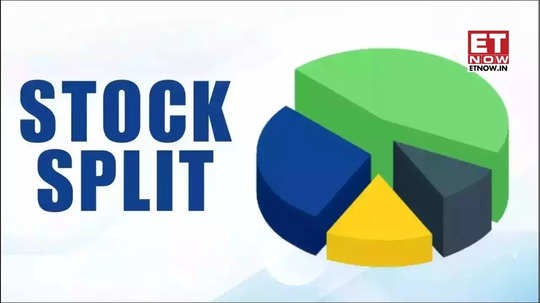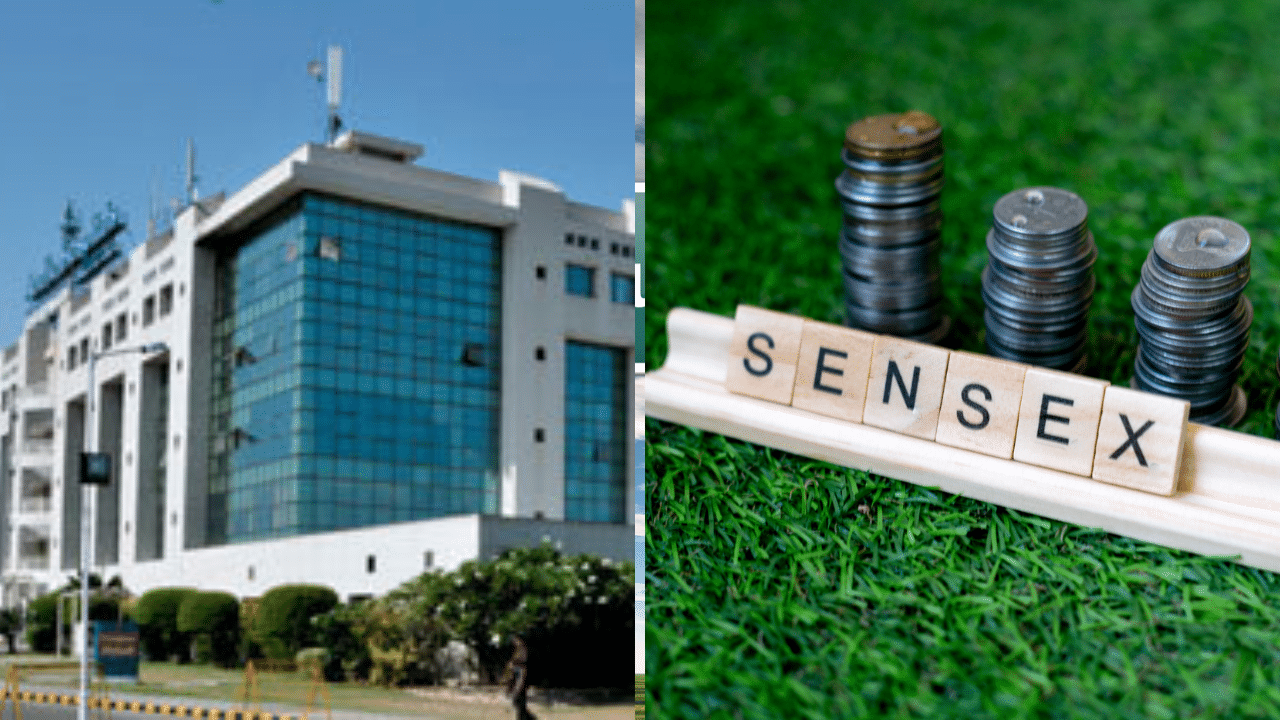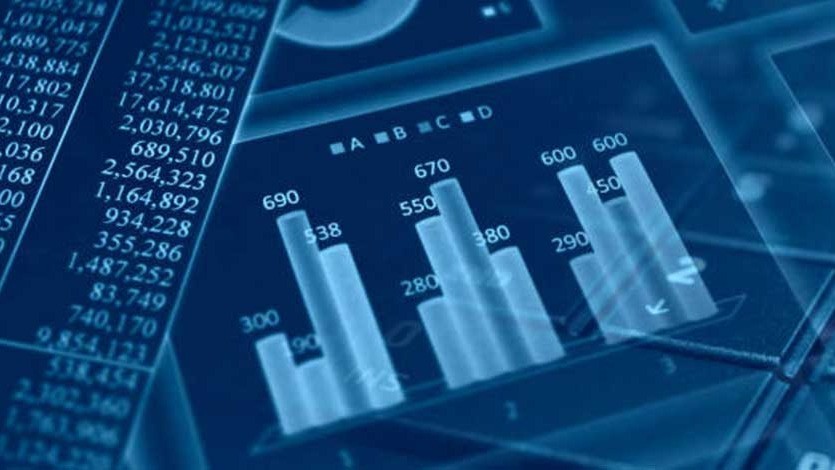
The compliance of GST, introduced seven years ago, has been made much simpler than before, the effect of which is being seen with the increase in tax collection and revenue of the states. However, fake invoices and wrong registration still remain a matter of concern. Let us tell you that the turnover limit for registration under GST has become Rs 40 lakh for goods and Rs 20 lakh for services.
Under VAT, this threshold was just above Rs 5 lakh on an average. GST has also reduced 495 different presentations (invoices, forms, declarations, etc.) across states to just 12. The number of registered taxpayers has increased from 65 lakh in 2017 to 1.46 crore in seven years. The average monthly revenue from GST has increased from around Rs 90,000 crore in 2017-18 to around Rs 1.90 lakh crore in 2024-25.
What do the figures say?
According to government data, GST has increased tax buoyancy from 0.72 (before GST) to 1.22 (2018-23), despite the abolition of compensation, the tax buoyancy of states remains at 1.15, without GST, the revenue of states from FY 2018-19 to 2023-24 would have been Rs 37.5 lakh crore, the actual revenue of states after GST was Rs 46.56 lakh crore.
Decrease in GST rates
The effective weighted average GST rate has been declining steadily since 2017 and GST has reduced taxes on many essential commodities compared to pre-GST, common items like hair oil and soaps have been taxed from 28% to 18%, electrical appliances have been taxed from 31.5% to 12%. GST has exempted many essential goods and services, including unbranded food items, certain life-saving drugs, healthcare, education, public transport, sanitary napkins, hearing aid parts, agricultural services, etc.
The government is facing loss here
On the other hand, tax evaders are finding new ways to defraud the government treasury, tax officials are grappling with the incidents of fake invoices and fake GST registrations, in the year 2023, the Directorate of GST Intelligence (DGGI) detected tax evasion of more than Rs 1.98 lakh crore and arrested 140 conspirators involved in defrauding the government treasury, significant GST evasion was detected in diverse sectors like online gaming, casinos, insurance and secondment (import of manpower services).
The setting up of the GST Appellate Tribunal is expected to ease and expedite the dispute resolution process for the industry, Institute of Chartered Accountants of India (ICAI) president Ranjit Kumar Agarwal said, adding that more than 6,800 officials in various government departments are being trained to promote a transparent indirect tax system.





